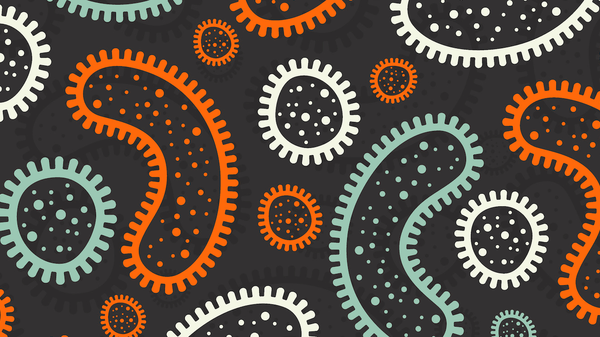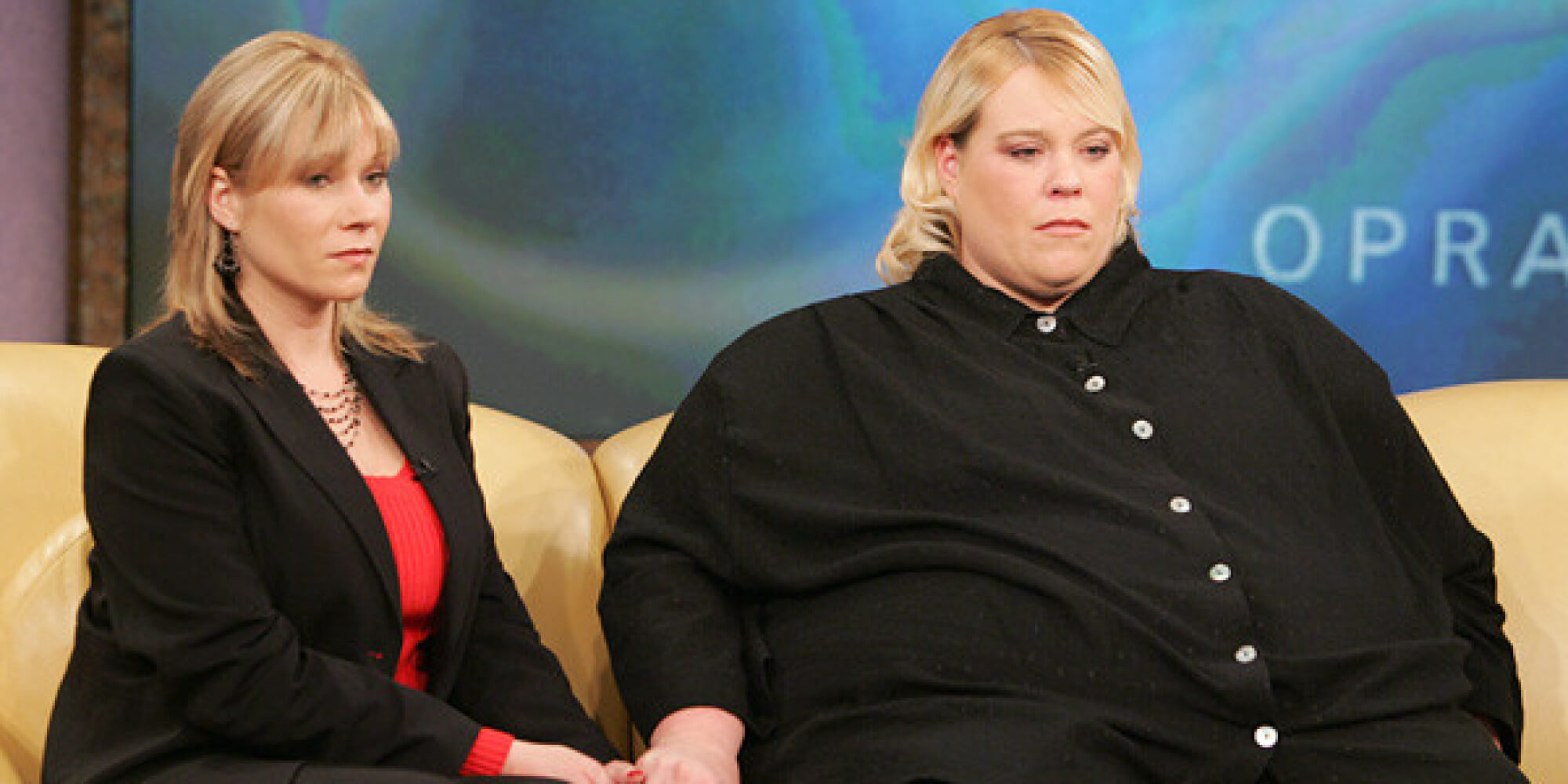This week’s features: Popular science site IFL Science whiffs at covering a major study, and can we please stop talking about the ‘space twins?’ Plus, see what’s trending on the Epigenetics Literacy Project.
In Assassin’s Creed, the video game series-turned-movie, the protagonist is able to “remember” the memories of his long-dead ancestors through a special machine named the Animus. Although this is not actually possible, sadly, the idea that we “experience” what our ancestors went through isn’t actually wrong.
–Robin Andrews, staff writer, IFL Science
IFL Science confuses humans and worms
The major question in epigenetics research is: Can modifications be passed on from generation to generation? If the answer is yes, the implications are extraordinary. It would mean that our ancestor’s environment effects our physical and mental health. At present, the hard data are lacking in humans, but there is some preliminary research that suggests it can occur in rodents over a handful of generations.
In a study published in Science on April 21, scientists described observing this process in roundworms (a popular model organism in molecular biology). But while the study and results are fascinating, one source’s coverage went well f***** beyond responsible coverage.
First the study. A team of scientists led by a group from the European Molecular Biology Organisation (EMBO) in Spain, altered the genomes of Caenorhabditis elegans so they carried a gene that when activated would make the organism glow. With the worms at room temperature, the team measured low-activity of the gene. But when the roundworms were moved to a warmer location, they lit up. When moved back to cooler temperatures, they continued to glow. Furthermore, their descendants for 7 generations (none of which was exposed to the warmer environment) glowed too.
When the roundworms were kept at the warmer environment for 5 generations and then returned to the cooler environment, higher than baseline gene activity persisted for 14 generations.
This study provides some fascinating data–but again they apply only to roundworms. They are excellent organisms to work within the lab (transparent, short lifespan, easy to maintain) but they aren’t humans–or mammal or even vertebrates for that matter. What we learn from studying them does not automatically translate to humans life–and coverage of this study needed make that fact clear, and it did not. Many science sites did a poor job covering this story, but no one was worse than the popular site IFLScience.

Let’s start with the above headline. It made no attempt to convey to the reader that this wasn’t a human (or even mammal study). Several sites used the word ‘memories’ as a stand in to help the reader understand epigenetics. But this is also wrong. Epigenetic modifications to genes are the advanced dementia of memories because they are easily reversible. The idea that epigenetic changes are a ‘memory’ of an environmental stress is not well supported by data. Other mechanisms that control gene expression (transcription factors and other genes) might be in play here too.
Beyond the headline, the featured picture for the story is of humans. This picture sends a strong message to the reader: This study has a direct effect on your health and life. Then the first paragraph solidifies the misinformation for the reader by stating epigenetic inheritance is true for humans:
In Assassin’s Creed, the video game series-turned-movie, the protagonist is able to “remember” the memories of his long-dead ancestors through a special machine named the Animus. Although this is not actually possible, sadly, the idea that we “experience” what our ancestors went through isn’t actually wrong.
To get any semblance of grounded, responsible reporting, you need to scroll to the bottom–past an ad for Funny or Die and past the trailer for Assassin’s Creed, (which is not an ad but embedded, so my only guess is that the author thought it was important for the reader to watch it to understand the science)–where you find this:
So if worms can “remember” the experiences of their long-gone ancestors, can humans? For now, that question will have to remain tantalizingly unanswered – but it’s definitely not outside the realm of possibility.
It’s not really within the realm of possibility either, at least based on the evidence so far.
Astronaut twins: Not all they’re cracked up to be
If you keep a keen eye on the science beat, every month or two you’ll find a seemingly new spate of stories about the astronaut twins.
Verge in March: Astronauts Scott and Mark Kelly on NASA’s twin experiment and the future of space travel
CNN in February: Twins study: How one-year mission affected astronaut’s health
Nature in January: Astronaut twin study hints at stress of space travel
LA Times last September: Twins study: How one-year mission affected astronaut’s health
And here’s me discussing them in April 2016: Getting humans to Mars may rely on space twins, astronaut roundworms, and epigenetics
NASA has chosen to study the differences in epigenetics (and some other issues) between twins Mark and Scott Kelly. The Kelly brothers are the only siblings to have been to space, although Mark retired after a flight in 2011. For this study, Scott was sent to the International Space Station (ISS) for almost a year—from March 27, 2015, to March 3, 2016, while Mark stayed earthbound.
Over the next year they spent 220 miles apart. the twins, with identical genes, were exposed to radically different environments. Scientists believe any identified in Scott might be due to epigenetic changes in his cells made in response to being in space. The stories that have regularly popped up over the past year noted some update or new finding. But the hype train needs to stop.
The experiments are supposed to help address epigenetics questions such as how aging is affected by epigenetics and space, what effect radiation has on the epigenome (the collection of all epigenetic marks on the genome), and how epigenetics might affect circadian rhythms in space. But studies of just one experimental subject (Scott) and one control (Mark) have little to no scientific value–it’s no more than a gimmick, a government-funded anecdote that brings NASA and the space program a lot of attention.
There’s a reason science experiments use large numbers of subjects and why studies need to be replicated, and that’s to remove randomness, error and luck. If this study were to return some interesting finding linking epigenetic changes in a gene to aging there would be no way to know if it were part of a real pattern or not.
The scientists are undoubtedly aware of this but they’re not necessarily who we should be concerned about. Any unusual or interesting ‘finding’ from this study will undoubtedly lead to a media blitz and just generate more public misunderstanding. Epigenetics is challenging enough to understand without NASA and an irresponsible media ‘conspiring’ to make things even worse.
Trending on the Epigenetics Literacy Project
 Why do drug addicts struggle to stay clean? Epigenetic changes in the brain may play role
Why do drug addicts struggle to stay clean? Epigenetic changes in the brain may play role
The opioid epidemic ravaging the United States has brought new impetus to understanding how addiction hijacks the brain. More and more, scientists are shifting their focus to what’s going on in the brain after people go off drugs.
 Microbiome disruption in gut may affect our own circadian rhythms
Microbiome disruption in gut may affect our own circadian rhythms
Research is beginning to show that the composition and activity of the microbiota exhibits a daily, or circadian, rhythmicity, just like we do. This may help explain some adverse health effects from aspects of modern life, such as eating late at night or too much electric light after sunset.
 Why all identical twins are not identically obese
Why all identical twins are not identically obese
One of the things that isn’t shared between identical twins is obesity; one twin of an identical pair may be considerably more obese than another. If genetics guide our eating behavior, food preferences, and metabolism, why wouldn’t twins categorically have similar body weights?
For more epigenetics news—as well as background about the microbiome and endocrine disruptors—check out the Epigenetics Literacy Project, a sister-site to the GLP. Follow us on Twitter and like our Facebook page.
Nicholas Staropoli is the director of the Epigenetics Literacy Project. He has an M.A. in biology from DePaul University and a B.S. in biomedical sciences from Marist College. Follow him on Twitter @NickfrmBoston
For more background on the Genetic Literacy Project, read GLP on Wikipedia































